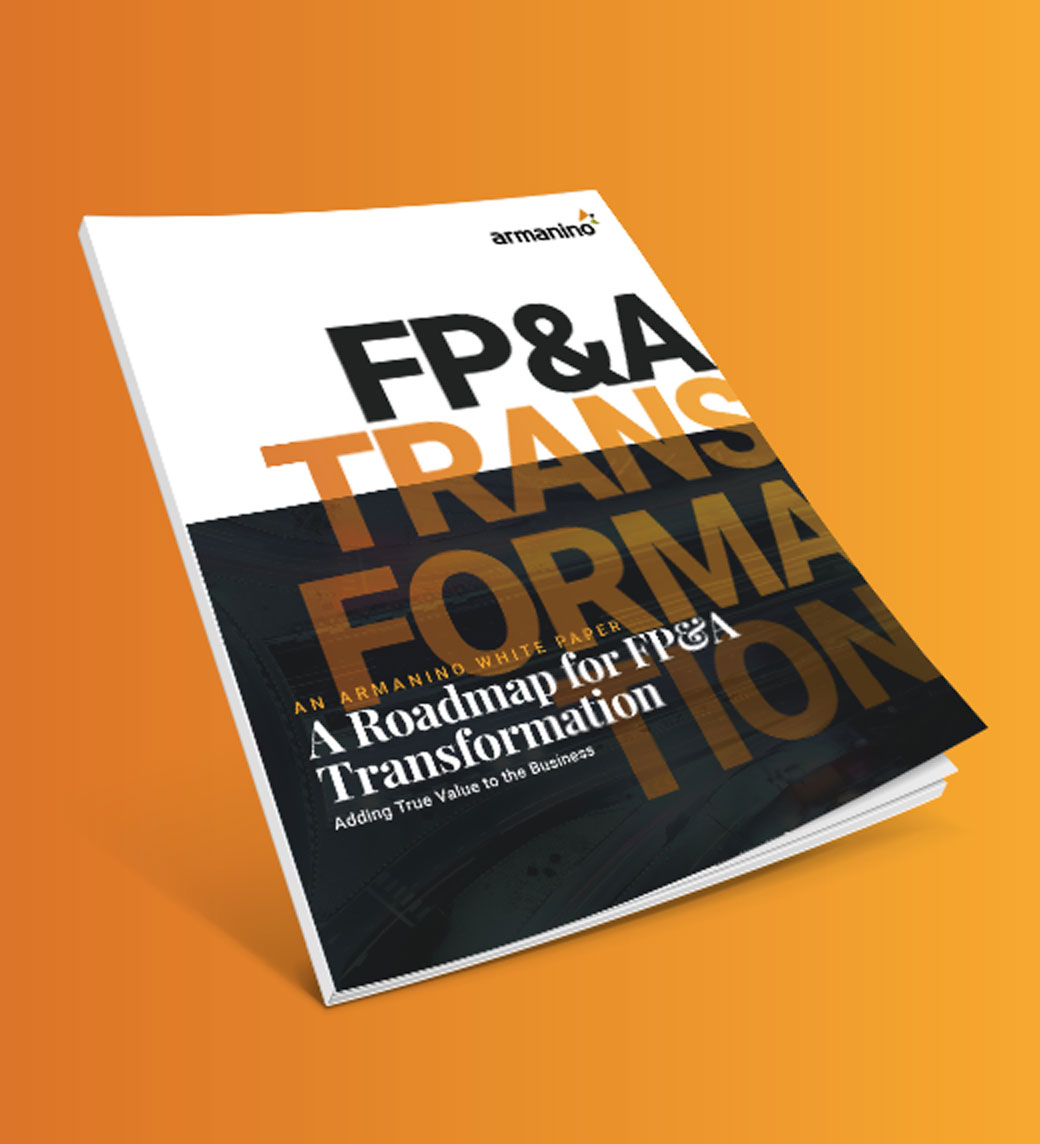Updated August 03, 2022
For manufacturing companies, the main scorecard used to measure business performance is your financial results.
To keep your organization running efficiently and profitably, you need to ensure that your financial results are reported accurately and on time. You also want to make sure that both internal leaders and external stakeholders have a common understanding of how to interpret the results.
Adopting accounting standards can help you get everyone on the same page. These standards provide a common basis for publishing and consuming financial results and are easy to implement. However, adopting accounting standards alone doesn’t cut it. Your business also needs to accurately record and classify business transactions on a day-to-day basis so that the periodic presentation of financial results is an easy, routine process. Additionally, if you’re still relying on spreadsheets or manual data entry, you’re leaving your finances error-prone and vulnerable to fraud.
Using a robust accounting system is essential to reduce risks and achieve your goals. With an integrated accounting system, you can streamline accounting processes, improve revenue visibility, ease compliance requirements and stay on top of your finances.
These are some of the common business situations that are greatly improved by using an integrated accounting system:
- Manufacturing costs – Manufacturing operations vary from relatively simple to very complex. You must know what your costs are by product so you can accurately measure product and customer profitability. From a financial reporting standpoint, you also need to be able to accurately present inventory, work-in-process and cost of goods sold values in your financial results. Easily accomplishing this goal is almost impossible without an automated accounting system.
- Inventory – For organizations that incorporate inventory as a significant part of their business, the control of inventory is essential. The sheer volume of transactions and the necessity of having to track quantities and values for every inventory transaction make utilizing an integrated accounting system with a perpetual inventory module necessary. If you're not tracking inventory valuations for every transaction, your reported financial results will not be correct.
- Deferred revenue – If your organization is in a business where revenue from a sale is recognized over multiple periods, you have an issue with deferred revenue. Accounting standards for this type of sale are very specific as to how related transactions are to be valued and recorded. Many organizations that defer revenue use huge spreadsheets to track these types of transactions. Unfortunately, spreadsheets are prone to error and require a fair amount of labor to maintain. An integrated accounting system can be a great help in controlling and accurately reporting financial results, streamlining your accounting processes and managing complex best estimated selling prices (BESP), deferrals, reallocation and carve-outs.
- Accounts receivable – Collecting customer payments for previous sales is the last step in converting purchased inventory back into cash or recovering your expenses and expected profit from your business activities. If you cannot maintain accurate records of what people owe you and support your claims for payment, your business will suffer a slow withering of cash balances. An integrated accounting system allows you to accurately record customer sales in a timely manner and facilitates collecting money owed you. And, in most cases, it also provides the basis for the "top line" of your financial results.
With an integrated accounting solution, the presentation and reporting of financial results should be very easy. If it takes a lot of time to publish the financial statements, you're not taking advantage of business tools that are readily available and easy to implement and use.
Armanino can help you identify the integrated accounting software that best meets your needs. To learn more, visit our Manufacturing page or contact our experts.



